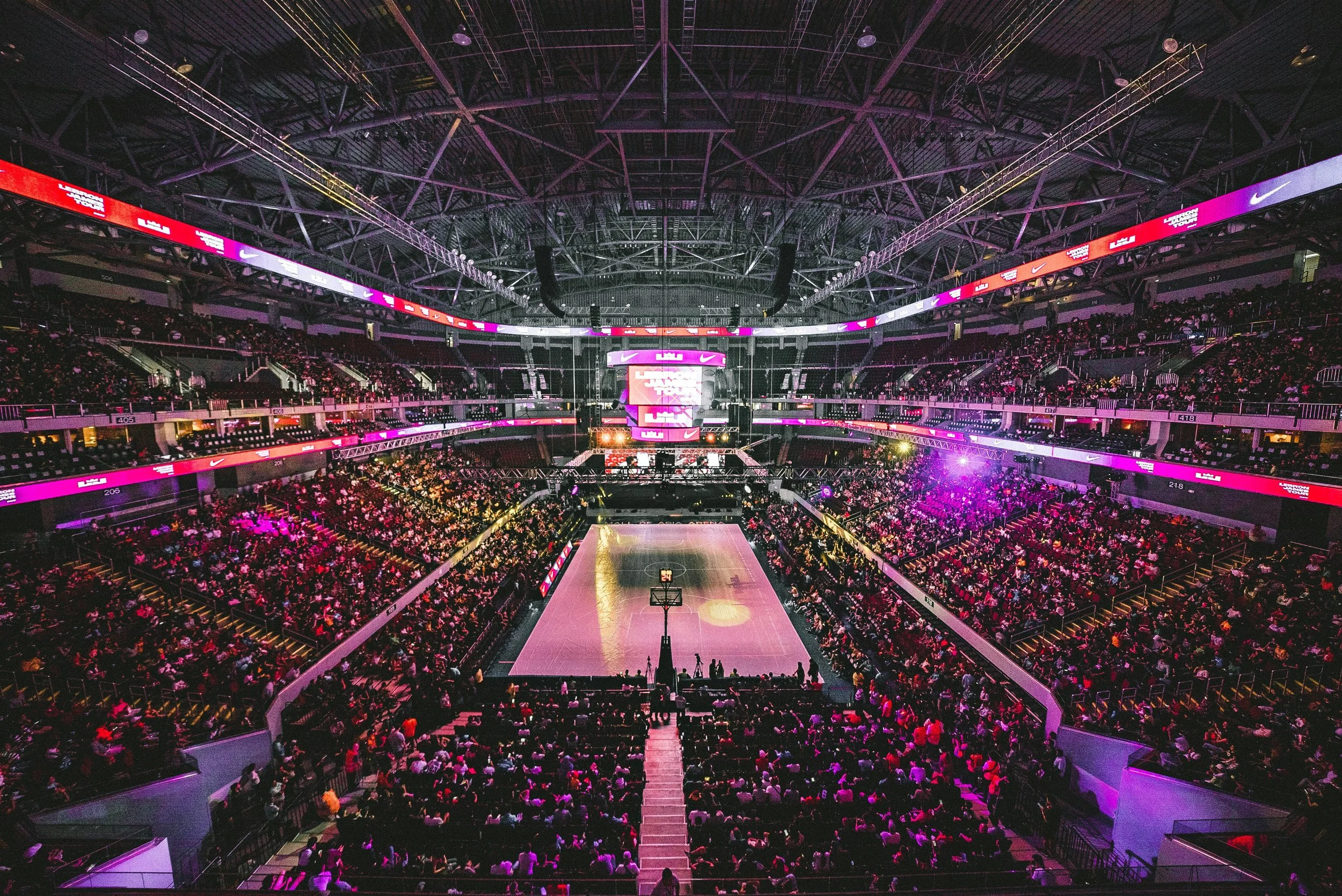Written in collaboration with Martin Haigh, representing Total Ticketing
🎟️ Why Promoters Need to Understand the Secondary Market
If you're a promoter, ignoring the secondary ticket market is like ignoring the merch table—it’s still making money, just not for you. Resale platforms can impact your bottom line, brand perception, and your fans’ experience. So let’s break it down: what’s ethical, what’s shady, and how you can regain control of your ticketing ecosystem.
📖 What Is the Secondary Ticket Market?
The secondary ticket market = resale. It kicks in after the first sale, often on platforms outside your control. Some resellers are legit fans who had a change of plans. Others? Industrial-scale brokers using bots and shady tactics to flip tickets at sky-high prices.
Primary vs. Secondary Ticketing
Primary: Tickets sold directly by you or an official partner.
Secondary: Tickets resold by a third party, sometimes at wild markups.
Why Does It Exist?
The secondary ticket market exists because of a few critical dynamics. First, there's a persistent supply-demand imbalance. There simply aren’t enough tickets for high-demand events. Add in fans willing to pay a premium to secure seats, and you've got fertile ground for resale. Professional brokers exploit technological loopholes to scoop up large quantities of tickets before everyday buyers get a chance. And when promoters or artists price tickets on primary sales platforms at below supply and demand levels, it opens the door for arbitrage, where resellers profit off the price difference. All of this fuels a thriving, often chaotic, resale economy.
✅ Ethical vs. 🚫 Unethical Resale Platforms
Not all resale is evil. But the world of ticketing is filled with both sheriffs and outlaws. Here’s how to spot the difference:
✅ Ethical Secondary Platforms
Ethical secondary platforms work hand-in-hand with promoters to create a resale environment that benefits both fans and event organizers. These platforms prioritize transparency, authenticity, and fairness. They typically enforce face-value resale policies or price caps, helping to prevent gouging and protect fan trust. Most importantly, they don’t operate in a vacuum. They collaborate directly with promoters to align on ticketing policies and ensure the resale process upholds the original event experience.
Examples:
Ticketmaster Resale, Eventim fanSALE, AXS Official Resale (official resale partners)
Tixel, TicketSwap, CashorTrade (fan-to-fan resale platforms)
🚫 Unethical Platforms
Unethical resale platforms are a major thorn in the side of promoters and fans alike. These sites often operate completely independently from event organizers, ignoring price caps and bypassing ticket authenticity checks. Some even allow speculative listings, meaning tickets are posted for sale before they actually exist. To make matters worse, many hide hefty fees until the final step of checkout, leaving fans feeling duped. On top of that, these platforms frequently enable mass-buying tools that give professional brokers an unfair edge, driving up prices and locking real fans out of the market. In the worst cases, fans don't receive tickets.
🎯 Pros & Cons: Is Resale Ever a Good Thing?
There are a few upsides to the secondary market when managed correctly. It can help keep venues full, especially for last-minute ticket buyers. Official resale partnerships may even offer promoters a chance to earn additional revenue through resale commissions. Plus, resale ensures that unused tickets don’t go to waste.
But the downsides are nothing to ignore. When unethical resellers enter the picture, promoters lose control of pricing and forfeit any share of the inflated profits. Fans often end up paying outrageous prices or, worse, getting scammed with fake tickets. That kind of experience doesn’t just sour the event. It damages your brand reputation in a big way.
🎯 Pros & Cons: Is Resale Ever a Good Thing?
There are a few upsides to the secondary market when managed correctly. It can help keep venues full, especially for last-minute ticket buyers. Official resale partnerships may even offer promoters a chance to earn additional revenue through resale commissions. Plus, resale ensures that unused tickets don’t go to waste.
But the downsides are nothing to ignore. When unethical resellers enter the picture, promoters lose control of pricing and forfeit any share of the inflated profits. Fans often end up paying outrageous prices or, worse, getting scammed with fake tickets. That kind of experience doesn’t just sour the event. It damages your brand reputation in a big way.
🔧 Promoter Playbook: How to Manage the Resale Chaos
Smart Ticketing Policies
Start by tightening your ticketing policies to block scalpers before they strike. Personalized tickets, where the buyer's name is printed and ID is required, make unauthorized reselling much harder. Set purchase limits to prevent bulk buying by bots or brokers. Be prepared to cancel tickets sold on unauthorized resale channels. And don’t overlook the power of delayed ticket delivery. By withholding tickets until closer to the event date, you reduce the chances of speculative listings popping up right after the on-sale.
Use Official Resale Channels
When resale is inevitable, make sure it's happening on your terms. Partner with official resale platforms that align with your pricing policies and customer experience goals. These platforms often allow price caps and ensure ticket authenticity. Equally important is fan education. Clearly communicate where fans can safely buy or resell tickets to avoid scams and confusion.
Dynamic Pricing
Why should resellers be the only ones capitalizing on high demand? Implementing dynamic pricing lets you adjust ticket prices in real time based on demand. That way, you can capture the premium that would otherwise go straight into a scalper’s pocket. It’s a strategic way to boost revenue and reduce the appeal of the resale market.
Tech to the Rescue
Don’t sleep on ticketing tech. Blockchain solutions offer transparent, tamper-proof records of ticket ownership, while AI-powered tools can detect bot activity and suspicious purchasing behavior before damage is done. Another smart move? Dynamic QR codes that change periodically make it harder for fraudulent resellers to distribute fake tickets.
Fan & Media Engagement
Sometimes, awareness is the best defense. Run proactive campaigns to educate fans on the dangers of unofficial resale sites and promote your official channels. Make your resale policies clear and accessible, especially in your event terms and conditions. The more informed your fans are, the less likely they are to get duped.
Legislation & Industry Pressure
If you're serious about changing the resale game long-term, get involved at the policy level. Team up with advocacy groups like FanFair Alliance or FEAT to push for stronger laws against speculative ticket sales and price gouging. Industry collaboration can create real momentum toward a fairer, fan-first resale ecosystem.
🔍 Real-World Case Studies: What Worked, What Didn’t
Ed Sheeran’s No-Resale Rule
Strict enforcement. Thousands of resale tickets canceled. Mixed PR results but fans protected.
Taylor Swift’s Verified Fan Program
Pre-reg and fan history to block bots. Helped, but secondary market prices still soared.
FIFA vs. Viagogo
FIFA sued over fake World Cup tickets. Fans denied entry. Legal win, but resale persists.
🔚 Final Take: Take the Power Back
The secondary market isn’t going anywhere, but that doesn’t mean you’re powerless. With smart tech, strategic partnerships, and a loud fan-first message, you can keep the resale ecosystem fair and profitable.
Quick Recap:
Know your resellers (and their tactics)
Choose resale partners wisely
Use tech to block fraud and scalpers
Communicate resale do’s and don’ts clearly
Advocate for stronger resale regulations
🎤 Mic drop: Take control of your tickets or someone else will.
Need help navigating resale strategy or choosing the right partner platform? Hit us up: we speak fluent fan loyalty AND data security.

